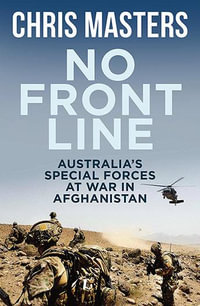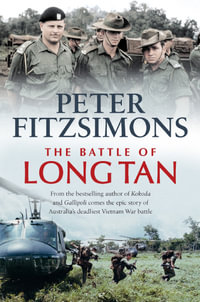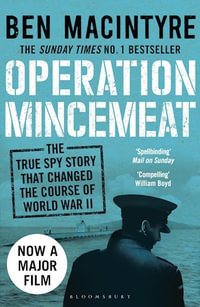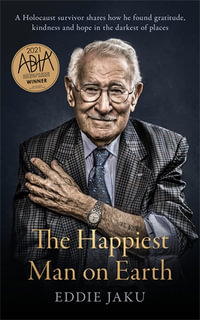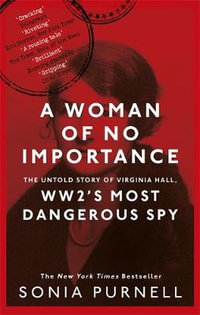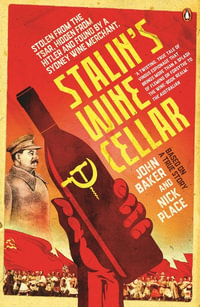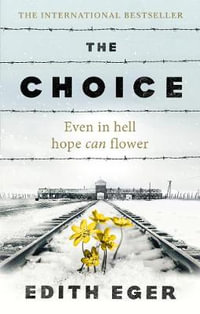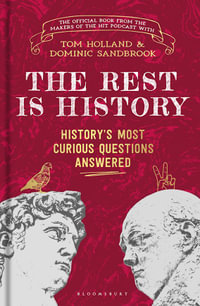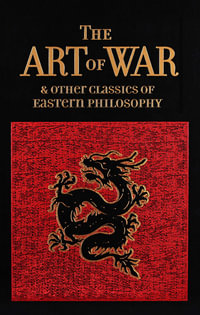In 1915, shortly after the outbreak of World War I, between twelve hundred and two thousand women representing twelve nations journeyed to The Netherlands to plead for peace at The Hague. At this first International Congress of Women they called for "continuous mediation" until peace was restored, and they met with representatives of the warring governments in an idealistic attempt to halt the military clash. Although they did not stop the war, their proposals are still used as guidelines for most diplomatic negotiations between hostile nations.
Three highly talented, progressive women led the American delegation: two Nobel Peace Prize winners--Jane Addams (cofounder of Hull-House in Chicago) and Emily G. Balch (a distinguished sociologist who taught at Wellesley College)--as well as Alice Hamilton (the first industrial physician in the United States and also the first woman to join the faculty of Harvard University).This book is the first-hand report by these three remarkable women of their mission for peace. Balch and Hamilton devote several chapters to a description of their travels, their visits with various heads of state, and meetings with pacifists in different countries. In a controversial chapter, Addams sharply criticizes the older male patriarchal leadership that manipulates young men to fight needless wars. Addams concludes the volume by advocating women's full participation as voting citizens to promote the cause of peace and the spirit of internationalism.
This edition is enhanced by an introduction by University of Nebraska scholar Mary Jo Deegan, this new edition of a valuable historical document will be of interest to students of women's studies, history, and international relations.
Industry Reviews
Women at the Hague offers a remarkable first-person account of three inspiring women who participated in the International Peace Congress of 1915 during World War I. The calls for women's representation and participation in national governments and international forums made by Jane Addams, Emily G. Balch, and Alice Hamilton resonates today as women around the world continue to push for their voices to be heard and their policies focused on peace, nonviolence, and social justice to be implemented. The book is a clear reminder of both the advances women have made in promoting peace in the past as well as the work that still remains. Students and scholars alike will find this work a welcome contribution to our understanding of the ways in which gender matters, and the challenges and opportunities women face in national and international politics, and foreign policy in particular. -- Kristen P. Williams, Clark University It is remarkable and yet unsurprising how this report from the First International Congress of Women at the Hague -- written over 100 years ago - continues to resonate with us today. Like in 1915, women today continue to challenge the assumptions that war is a men's business and that it is inevitable. But at a time when feminism is gaining ground as an approach to foreign policy the words of Jane Addams, Emily Greene Balch, and Alice Hamilton should serve as inspiration to ask the tough questions about the political economy of war, its gendered connections to capitalist, colonial, and environmental exploitation, and the hard work that is needed to build feminist peace. -- Catia C. Confortini, Associate Professor, Wellesley College A critical value in this book is in hearing directly from these women themselves, their clear voice and unboundless optimism that solutions can be found to losses, deaths and destructions that so many attending the Congress were witnessing or experiencing themselves during World War I. Its contemporary value is in how it affords us a glimpse back at where North American and European women's organising from peace has come from, and indeed how it relates to the current political structures, international law and policies and women's movements on peace and security that exist transnationally today. The writers are Noble prize winners and are founders of what is today the largest peace organisation in the world, the Women's International League for Peace and Freedom (WILPF), the founding of which we valuably gain glimpses of in this book. -- Aisling Swaine, University College Dublin

